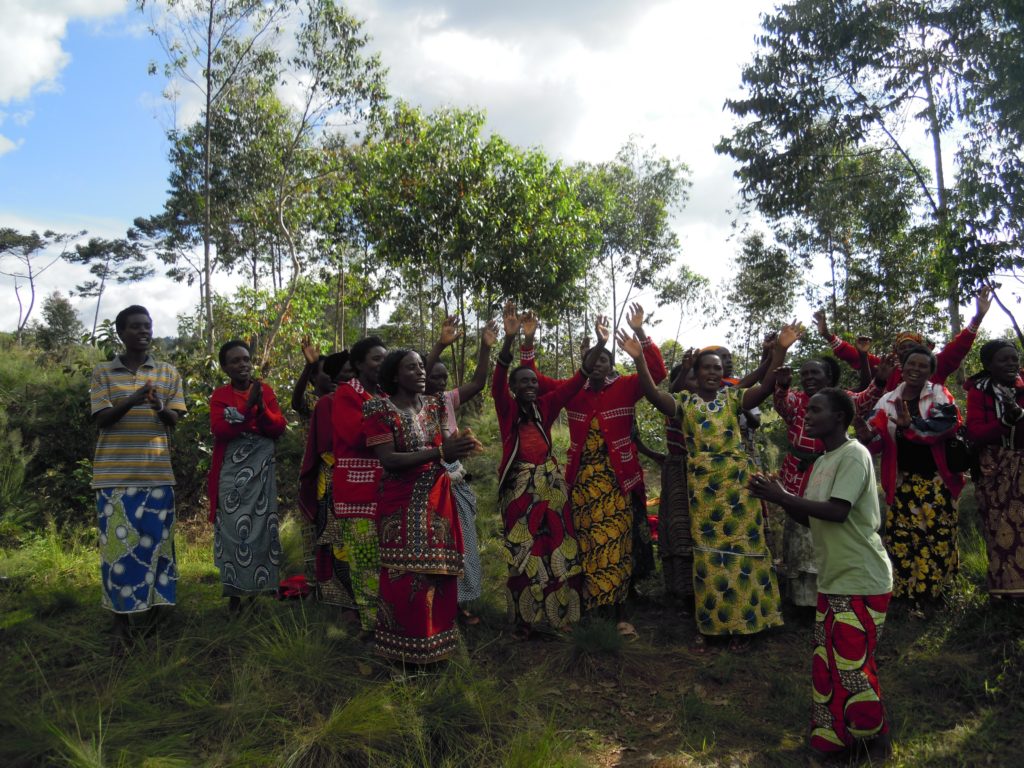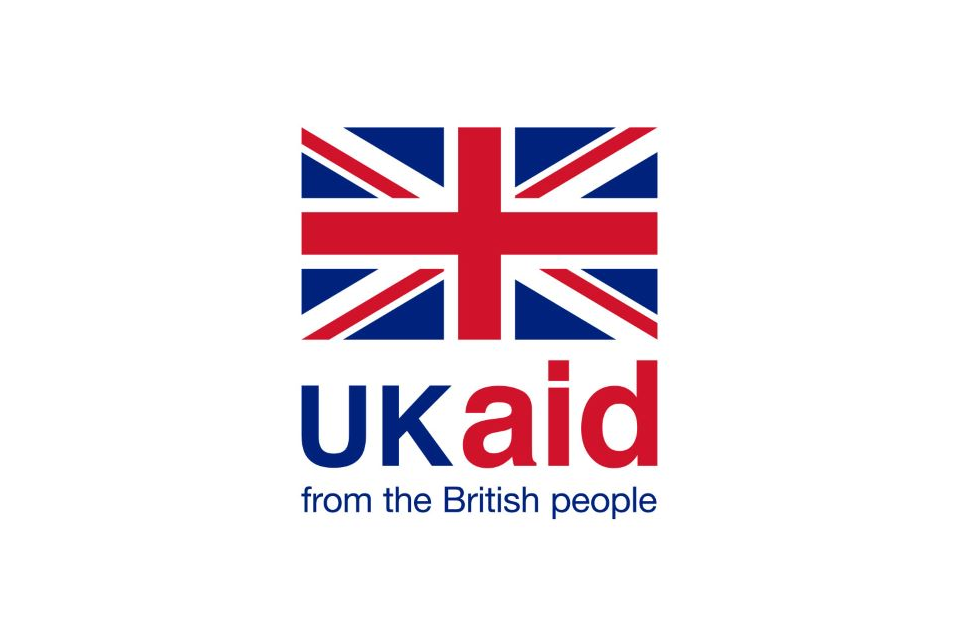
Survivors Fund (SURF), in partnership with AVEGA Agahozo, have been awarded a grant of £249,613 for a 30-month project from UK Aid Direct, the challenge fund of the UK Department for International Development (DFID) supporting civil society organisations to achieve sustained poverty reduction, it was announced today.
The Empowering Vulnerable Genocide Widows in Western Rwanda to Alleviate Extreme Poverty (EVWEP) project will empower 1,050 vulnerable genocide widows and 4,000 of their dependents in 33 sectors of Rusizi and Nyamasheke Districts of Rwanda’s Western Province by March 2022 to:
- Alleviate their poverty by ensuring they have the skills, resources and confidence to generate income.
- Reduce vulnerability, build confidence and improve the wellbeing by empowering participants to take greater control of their lives.
- Improve food security and sustainable energy for the most vulnerable.
To achieve this, we will mobilise widows, and other economically active members of their household, to form into self-help groups, facilitated by AVEGA’s volunteers, and supported by AVEGA’s project staff in all thirty-three sectors.
SURF and AVEGA have developed a model for Income-Generating Activities (IGAs) using business students to train and support the widows – helping them to strengthen their business plans, access capital and launch their ventures to be sustainable and profitable. This network will be supported through a community-based model of teams of two volunteers in each of the 33 sectors which will deliver supplementary support to widows:
1. Community volunteers will undertake home visits to widows, recording and reporting on their status, and providing assistance in particular in how to exploit subsistence gardening for small income and good nutrition.
2. Volunteer Counsellors trained in basic counselling techniques who support the team of professional counsellors in supporting the mental health of widows, which has proven to be critical in securing the effective participation of widows in IGAs.
Thus, there will be the team of staff and volunteers in place to deliver the training support required by the project participants to develop a livelihood, improve their mental health and address their immediate basic needs (to ensure their food and energy security).
Each group will receive three-month training in business and livelihood skills and supported to help each other to open an individual bank account, if they do not have one already, and then to begin to deposit at least a small sum of savings on a regular basis. They will be supported to develop small microfinance business proposals of their own through helping them to identify and assess ideas for new ventures, as well as to scale up small ventures which they may have established already. Through an existing partnership with Urwego Bank, groups will then have access to small loans to start-up and scale up their ventures.
An enduring challenge faced by AVEGA is the potential for participants to drop-out from the programme due to trauma symptoms which continue to persist even twenty-six years subsequent to the end of the genocide. In order to fully engage with all activities of the programme, it is critical that there is access to counselling, as well ensuring that the basic needs of participants for light, and nutritious food, are met.
This will be made possible through setting up of subsistence gardens and distributing solar lights and clean cookstoves with support from the Charities Advisory Trust Good Gifts programme. Providing nutritional support and hardship grants to pay for transport for project activities for the most vulnerable genocide widows, will also foster greater involvement of all the target group.
SURF’s experience demonstrates that with the right support it is possible to secure and improve incomes for even the most vulnerable widows, if training, start-up capital and ongoing assistance – particularly mental health support – is made available. However, this is contingent on addressing holistically the multifaceted needs of the target group.
The project formally kicked off on 1st October 2019 and already is progressing, with a comprehensive survey mapping all widows, and their dependents, across the two districts, the recruitment and training of the volunteer team which will be leading the outreach to project participants, and the formation of over 90 self-help groups.
The changes intended to be achieved by EVWEP are in line with the DFID Rwanda strategy “to invest in programmes to help women and girls maximise their potential” and “supporting development and economic growth efforts”. They are aligned as well with the DFID strategic objectives, by tackling extreme poverty and strengthening resilience of the most vulnerable and fostering economic empowerment through income generation. This is being made possible through the project which will be funded by UK Aid from the UK government.

UK Aid Direct is a £150 million challenge fund designed to support the UK’s commitments to achieving the GlobalGoals.
UK Aid Direct grants are for UK and international civil society organisations working to reduce poverty overseas and you can find out more on their website www.ukaiddirect.org.
